Strategic Action 4.4: Universal Nutrition Program
Implement a universal nutrition program.
Nourishing Our Community
In September, we launched the Universal Nutrition Program across all LRSD schools. We began with a menu of healthy, pre-packaged items and have since expanded our offerings by leveraging the commissary kitchen at the René Deleurme Centre, which now delivers fresh food to 27 schools.
Scaling Up for Success
We've reviewed our infrastructure, hired a delivery driver, and increased the number of schools with food permits from 10% to over 50%. This allows us to serve thousands of nutritious items weekly, including sandwiches, muffins, and Bannock, with a focus on local sourcing and sustainability.
What We've Accomplished
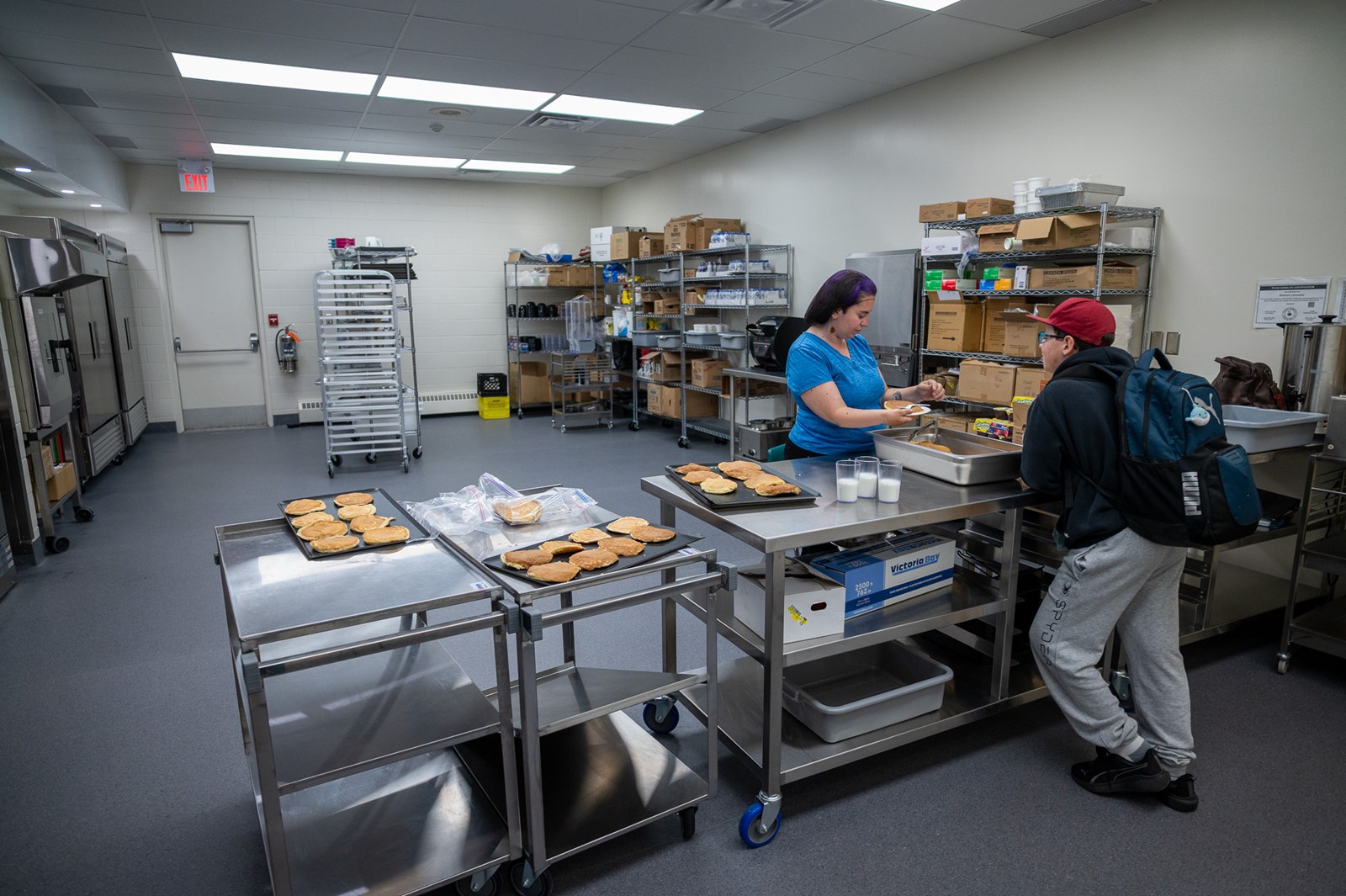
Infrastructure and Kitchen Resources Review
- Conducted school site visits starting in February 2024 to inventory available equipment and resources for Universally Accessible Nutrition Program (UNP)
- Conducted school site visits from September to November 2024 to determine needs and desired outcomes for food programming and assisted schools in obtaining food permits to expand nutritious food options
- Hired divisional delivery driver to transport food prepared at René Deleurme Centre's Commissary Kitchen to schools
- Identified schools requiring greater access to nutritious meals and began designing and scheduling kitchen upgrades and renovations
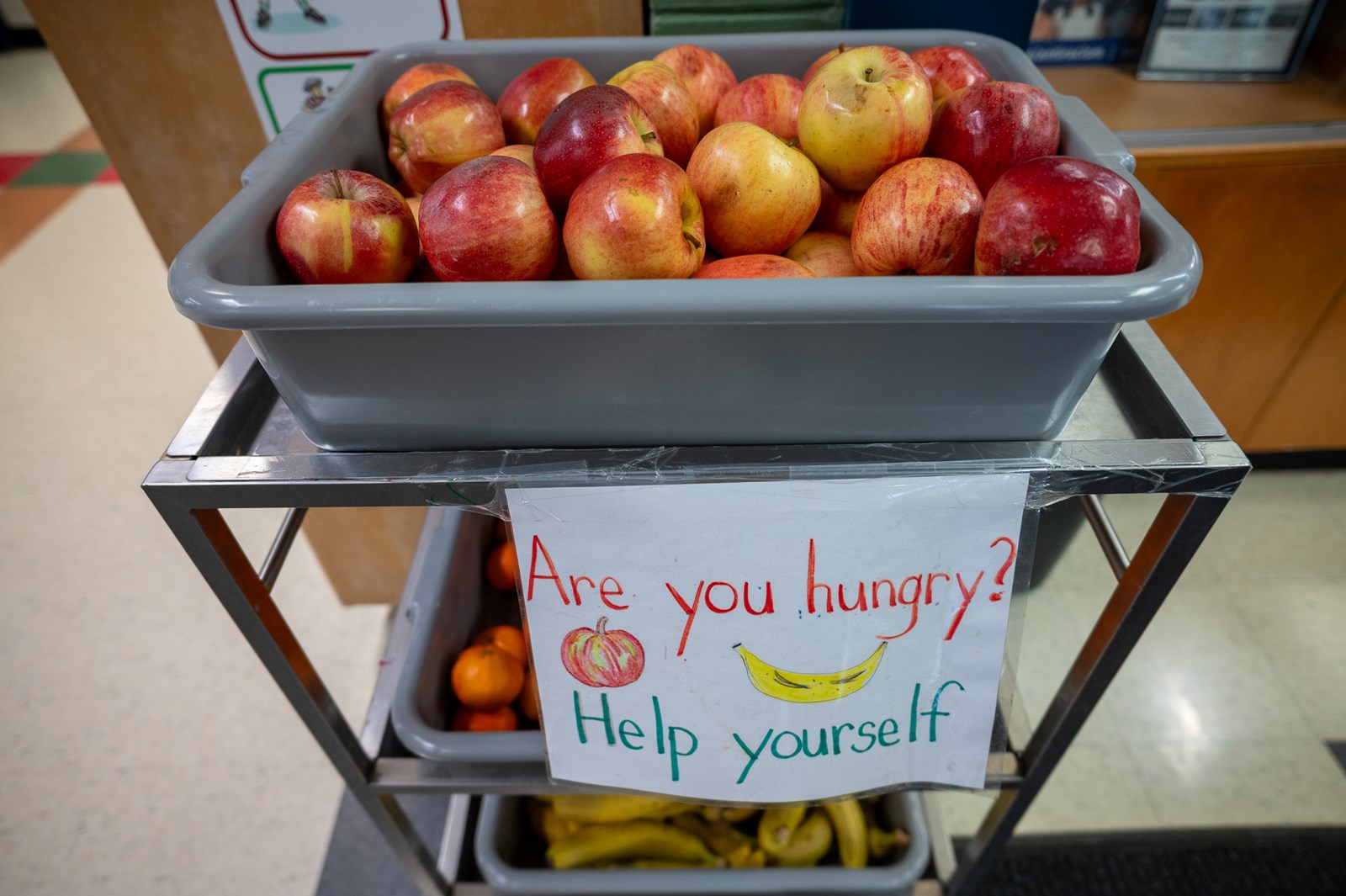
Menu Development
- Implemented menus aligned with provincial dietary guidelines, incorporating fresh, locally sourced ingredients to accommodate diverse dietary needs
- Operated commissary kitchen at René Deleurme Centre with streamlined logistics, delivering food to 27 schools through delivery driver
- Expanded from initial four-school pilot program resulting in weekly preparation averages of 1,000 sandwiches, 3,000 muffins, 500 pieces of Bannock, 300 breakfast sandwiches, and vegetable platters for 500 students

Food Safety
- Increased schools with food permits from 10 per cent in September to over 50 per cent by Dec. 1, 2024
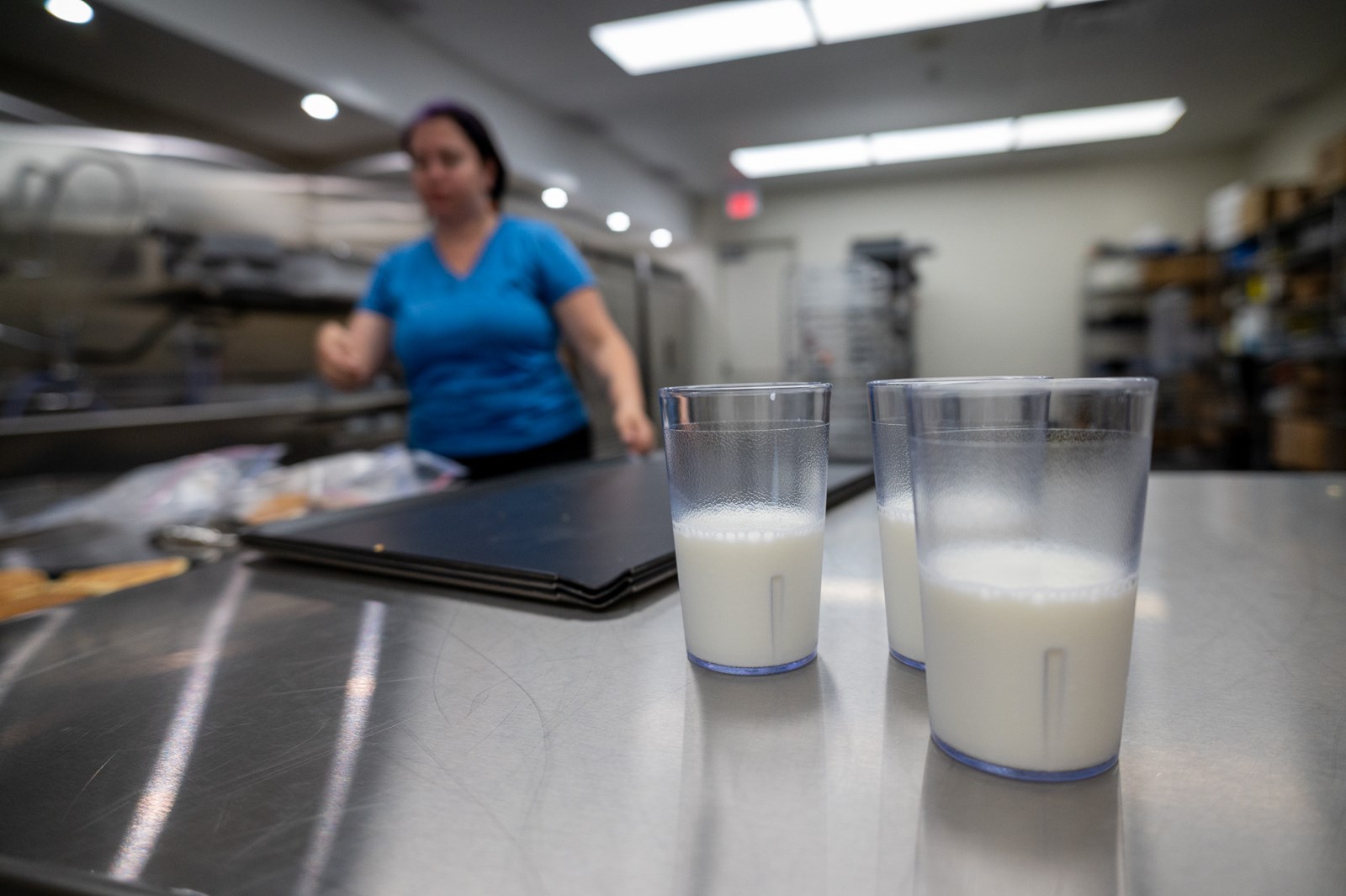
Partnerships and Community Engagement
- Partnered with local farms and businesses to support and enhance program
- Began using eggs from Manitoba-based producer offering omega-3-rich eggs from Swiss free-run aviary system, prioritizing animal welfare and sustainability
- Trained LRSD high school students at René Deleurme Centre's Commissary Kitchen to gain hands-on food preparation experience and enhance employment readiness
- Engaged community volunteers in commissary kitchen to develop English language skills and employment readiness
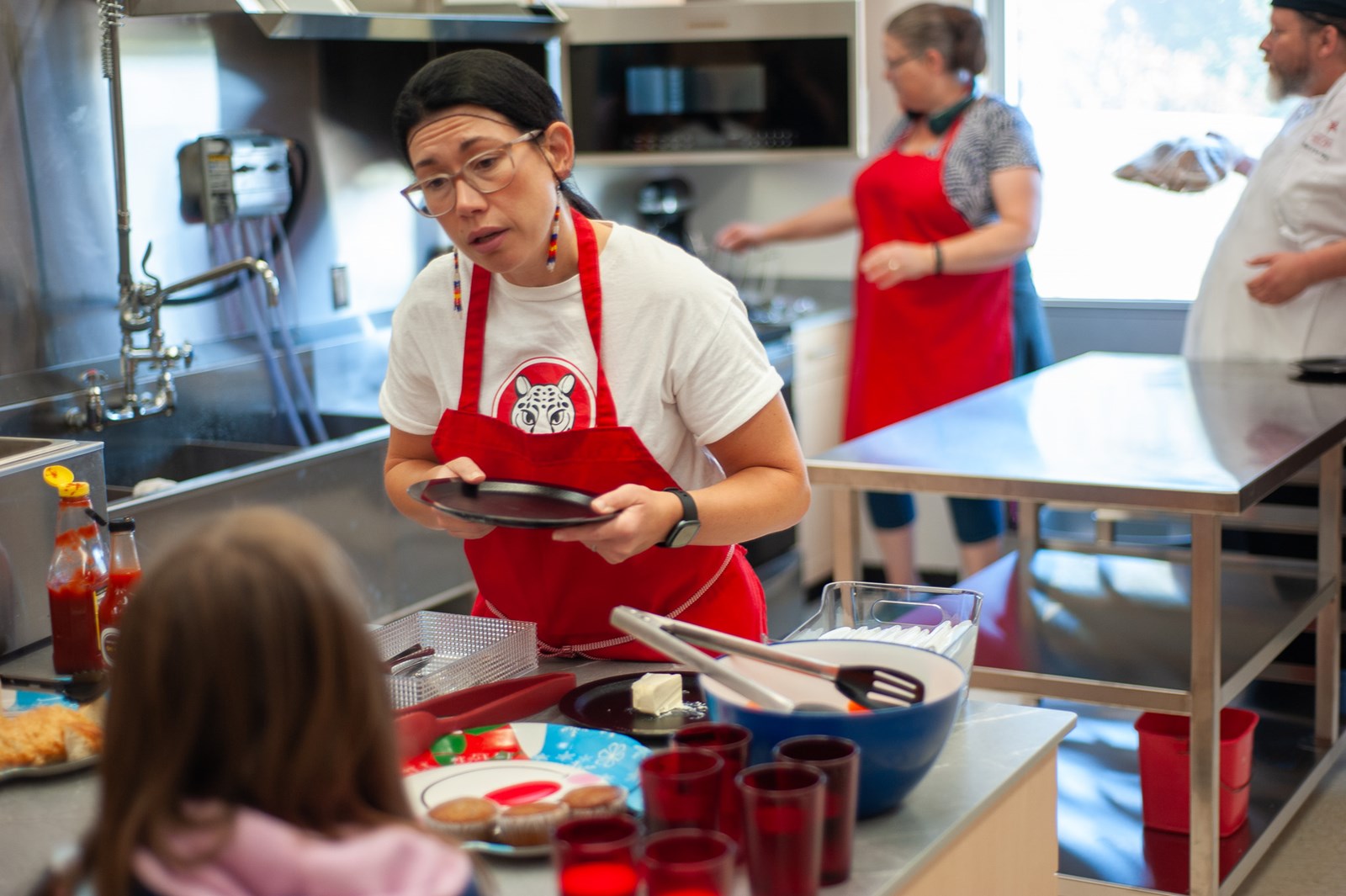
Supporting Student Learning and Food Literacy
- Integrated lessons on sustainability, agriculture, and nutrition into curriculum
- Highlighted banana-themed learning week at Frontenac School, where Grade 7/8 student leaders collaborated with Teacher-Librarian Elena Stangherlin to create educational experiences on food literacy exploring journey of bananas from farms to schools, health benefits of bananas, and food waste
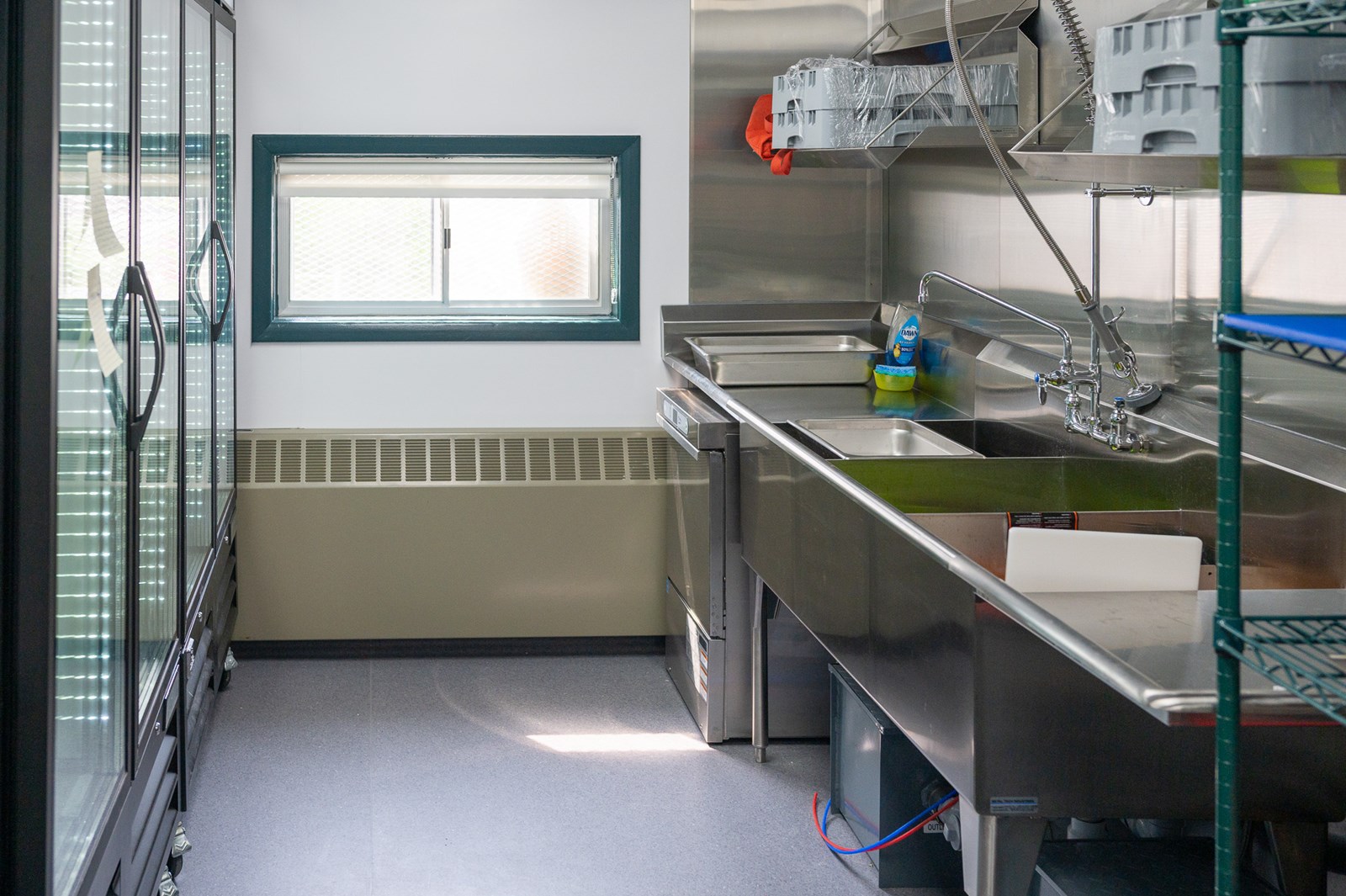
Sustainability
- Installed commercial dishwashers in 11 schools, with 13 more planned this school year, to minimize single-use plastics and reduce landfill waste
- Introduced biodegradable or recyclable packaging for schools without commercial dishwashers
- Reduced packing waste through bulk ingredient purchasing and installing milk machines in several schools
Logistics and Operations
- Developed reliable supply chain to ensure timely delivery of food items to schools
- Implemented centralized ordering system with twice-weekly deliveries and food traceability from factory to school for quick recall responses
- Increased food orders from 905 cases in September to 2,973 cases in October, reflecting more than 200 per cent growth
Where We're Going
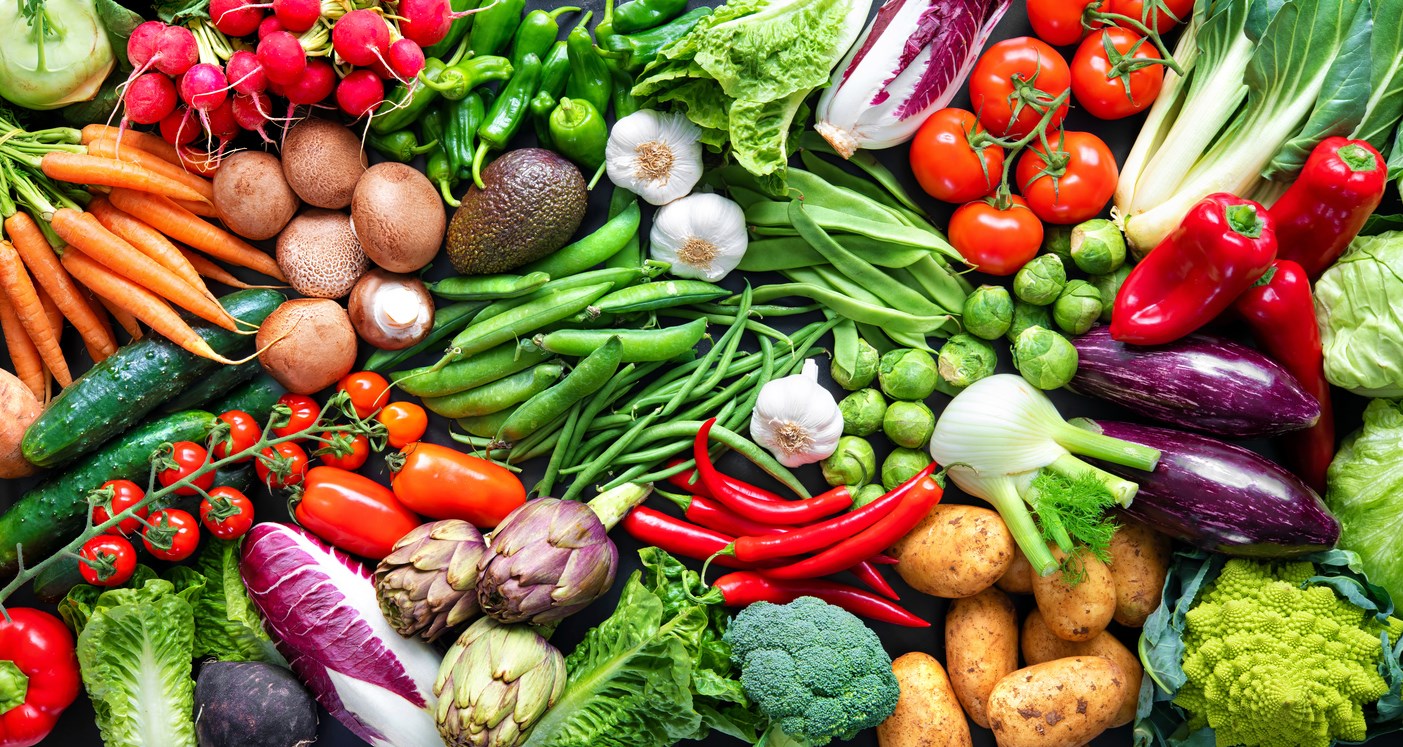
2025 & 2026
- Train staff in food safety and meal service protocols, ensuring at least two staff per school are certified in WHMIS and Food Handling by January 2025
- Upgrade identified school kitchens to enhance food service capabilities
- Enhance menus and service quality based on feedback from students, parents, and staff
- Optimize logistics and inventory processes using feedback collected
- Increase student satisfaction and participation, measured through data collection
- Expand food literacy and sustainability education
- Engage parents through feedback, volunteer opportunities, and education sessions
- Develop and regularly update culturally diverse menus that reflect student population
- Use nutritional assessments and focus groups to demonstrate positive impacts on health and learning outcomes
- Achieve target of 65 per cent of schools with food permits
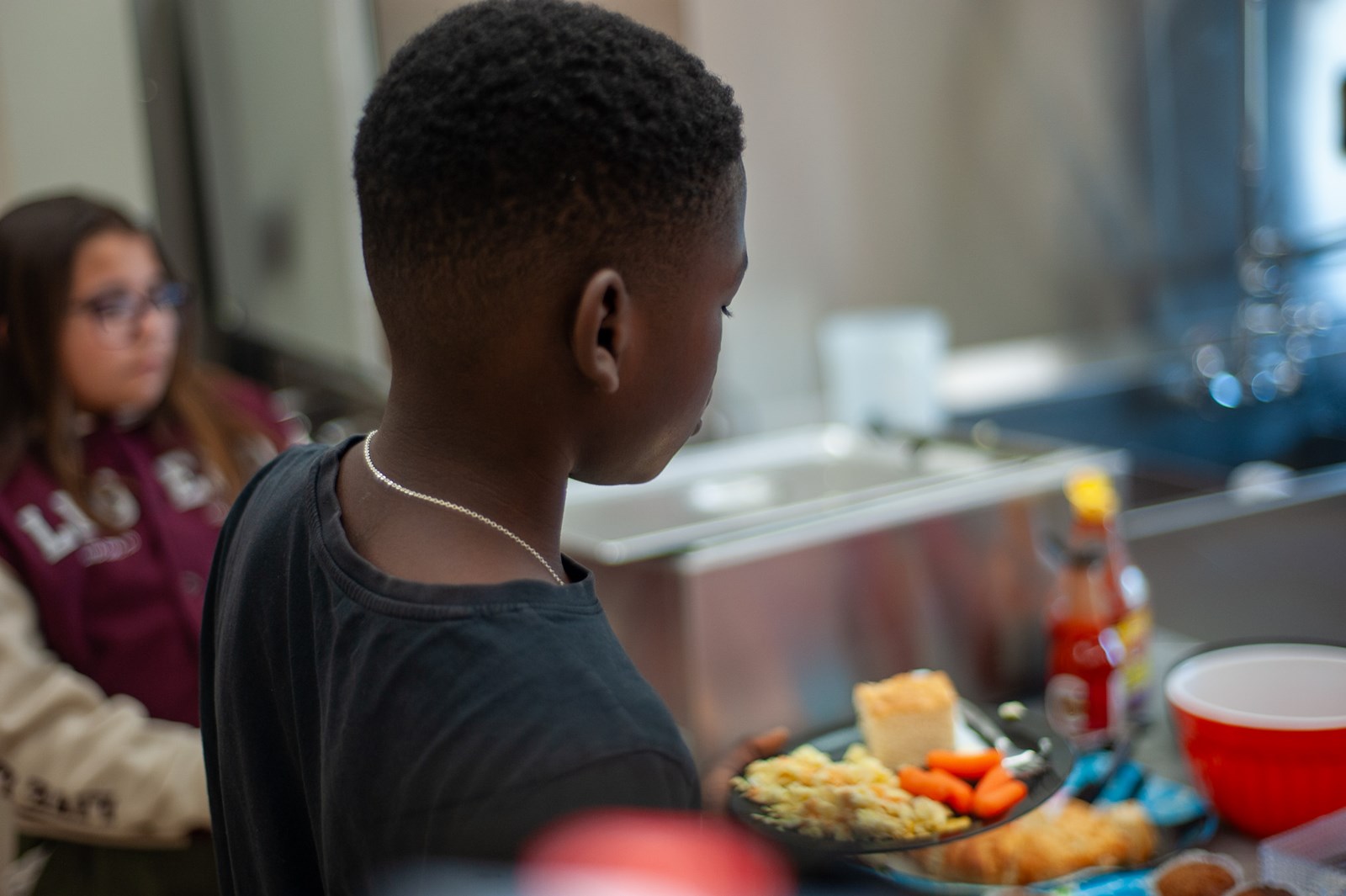
2027
- Monitor long-term outcomes on student health, attendance, and academic performance
- Complete kitchen renovations in targeted schools
Strategic Overview
Progress So Far
- Conducted comprehensive reviews of school kitchen infrastructure and resources.
- Established a commissary kitchen, now delivering fresh food to 27 schools.
- Dramatically increased schools with food permits from 10% to over 50%.
- Fostered community partnerships, student training, and curriculum integration for food literacy.
- Implemented sustainability measures like commercial dishwashers and reduced packaging.
Future Plans
- Certify staff in food safety and continue upgrading school kitchens.
- Enhance menus based on community feedback, focusing on cultural diversity.
- Use data to measure student satisfaction and positive health and learning outcomes.
- Expand food literacy and sustainability education for students and parents.
